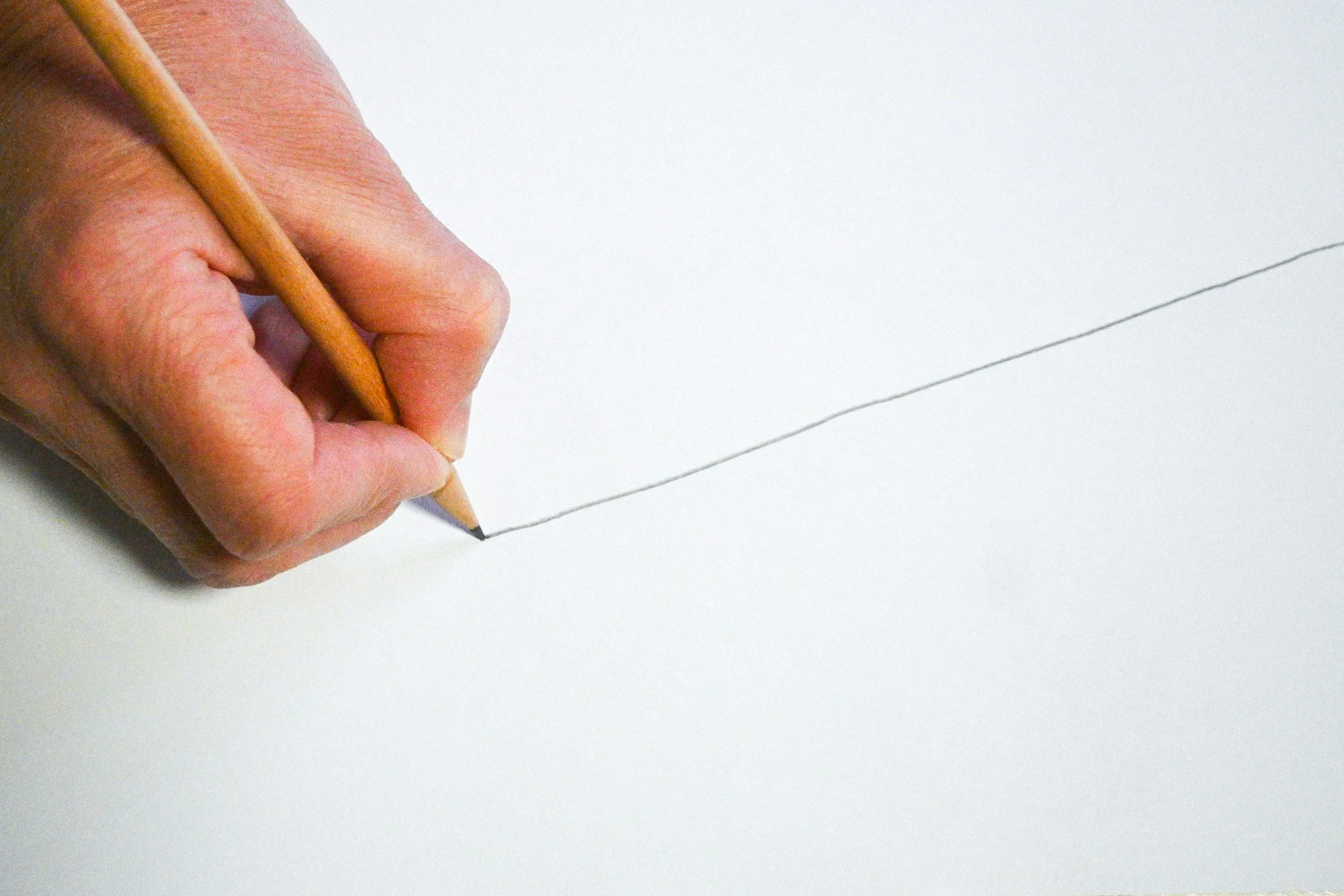Why Boundaries Are Hard (and How to Start Saying No)
Ever say “yes” to something and instantly regret it? You agree to take on one more project, run another errand, or meet up even though you’re exhausted. You smile on the outside, but inside you’re thinking,
“Why did I just say yes again?”
Setting boundaries can be tough, but without them, we risk regret, resentment, and feeling used. Boundaries show self-respect and clarity, help communicate needs, protect well-being, and builds healthier relationships. They teach others how to treat us, boost self-esteem, and create mutual respect. Boundaries build bridges, not walls, to deeper connections and a stronger self.
You’re not alone.
We talk about boundaries all the time like they’re easy, like all it takes is courage and confidence. But the truth? Boundaries poke at some of the deepest parts of us: our fear of disappointing people, our need to feel useful, and that little voice that says,
“What if they don’t like me if I say no?”
When “Yes” Feels Safer Than “No”
For a lot of people, saying yes became a survival skill.
Maybe you learned early on that it kept the peace, earned approval, or made you feel valued.
Saying no, on the other hand, might have felt selfish or risky.
So now, as an adult, every time you want to set a boundary, your brain sounds the alarm:
“Warning! You might upset someone. Abort mission!”
Even if the situation isn’t dangerous, your nervous system remembers that disapproval once felt unsafe.
That’s why you can know you need boundaries and still struggle to hold them. It’s not weakness; it’s wiring for innate protection, even if logically it is not protecting us.
The Real Cost of Always Saying Yes
Every time you say yes to something that drains you, you’re saying no to something that restores you.
Your energy, your time, your attention, they’re all finite resources. When you keep giving them away without refilling your tank, resentment and burnout start creeping in.
That quiet frustration? That exhaustion that doesn’t go away even after a good night’s sleep?
That’s your body saying,
“Please slow down. I can’t keep doing this.”
Boundaries aren’t about being selfish. They’re about being honest with yourself and with others, about what you actually have to give.
What “No” Can Sound Like
You don’t have to say it perfectly. You just have to start.
Sometimes “no” sounds like:
“I’d love to, but I don’t have the space for that right now.”
“That doesn’t work for me.”
“Thank you for asking, but I need to pass this time.”
It doesn’t have to be sharp or cold. You can say ‘no’ and be can be kind, simple, and clear. This will help take off the edge of fear knowing that you are saying ‘no’ with respect and dignity.
Over time, you’ll notice something shift. The guilt quiets down. The resentment fades. You start to breathe easier.
A Gentle Reminder
Boundaries don’t push people away, or at least they don’t push away people that are healthy for you. They make connection sustainable and a mutual respect is created between the parties. See…You can care deeply about others and still protect your own energy! In order to truly see this though, you have to remember that saying no isn’t a rejection of anyone else; it’s a way of saying yes to yourself.
Ready to go deeper?
If you’re a client interested in EMDR intensives or a therapist looking for continuing education opportunities focused on trauma, dissociation, and resourcing, visit Breaking Limitations Therapy & Consultation.
And if you’re a multi-professional or entrepreneur craving more clarity, structure, and balance, explore Breaking Limitations Coaching for on-demand courses and 1:1 Clarity & Strategy Sessions designed to help you align your work and life with what matters most.
This blog is educational and not a substitute for therapy. If you or someone you love is struggling with thoughts of suicide, please contact local emergency services or your region’s crisis line immediately.
